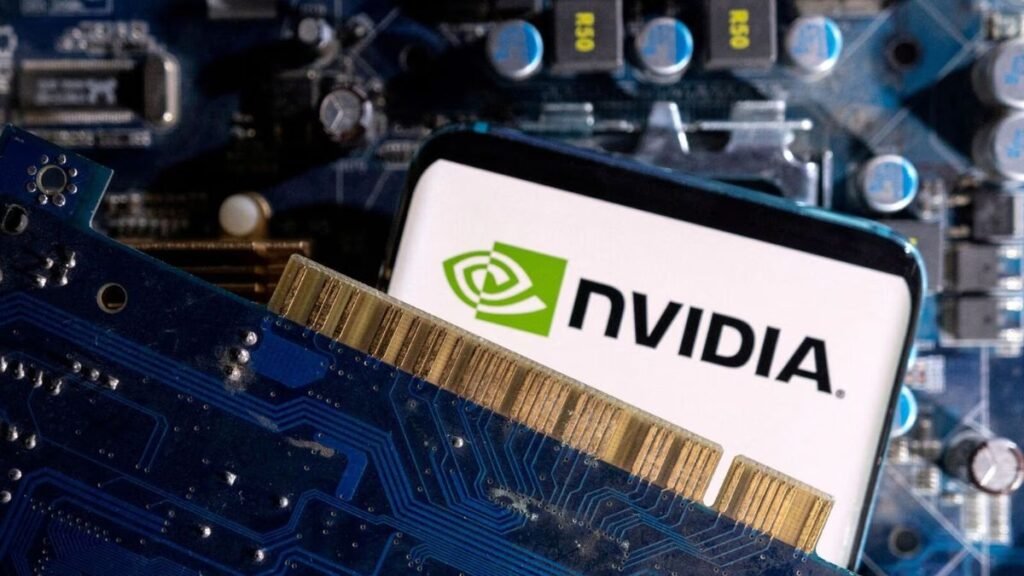Nvidia, a prominent player in the field of artificial intelligence (AI) chips, is facing delays in the launch of its latest chip, H20, designed specifically for the Chinese market. The postponement is in response to tightened U.S. export rules, which have hindered Nvidia’s ability to ship products, including its advanced A800 and H800 AI chips, to China.
Background

Nvidia’s reliance on these chips is crucial as it seeks to maintain its market share in China. The company has encountered export restrictions from Washington, prompting the development of three China-focused chips to comply with the new regulations. The H20, known as the most powerful among them, is now facing a delay until the first quarter of the upcoming year.
Impact of U.S. Export Curbs
The U.S. export curbs have inadvertently provided opportunities for competitors like Huawei to secure orders that would have otherwise gone to Nvidia. Nvidia’s graphics processing units (GPUs), which dominate the AI market, face increased challenges due to these restrictions.
Details of the Delay
According to sources familiar with the matter, Nvidia has informed its customers in China about the postponement of the H20 chip’s launch. This delay is a setback for Nvidia’s efforts to preserve its market share in China, especially against local rivals such as Huawei.
The delay in the launch of Nvidia’s H20 chip underscores the impact of geopolitical tensions on the technology sector. As companies navigate stringent export regulations, the competitive landscape in the AI market, particularly in China, is undergoing significant shifts. Nvidia’s strategic moves in response to these challenges will be closely watched in the coming months.
The Hindustan Herald Is Your Source For The Latest In Business, Entertainment, Lifestyle, Breaking News, And Other News. Please Follow Us On Facebook, Instagram, Twitter, And LinkedIn To Receive Instantaneous Updates. Also Don’t Forget To Subscribe Our Telegram Channel @hindustanherald












































